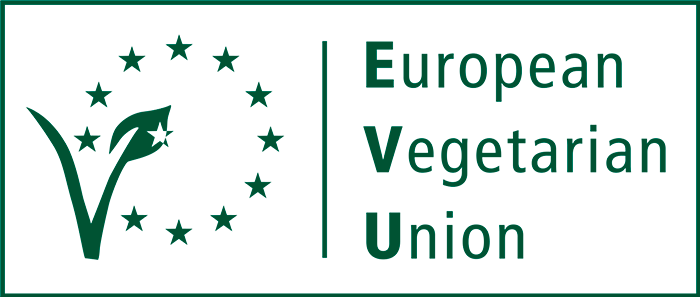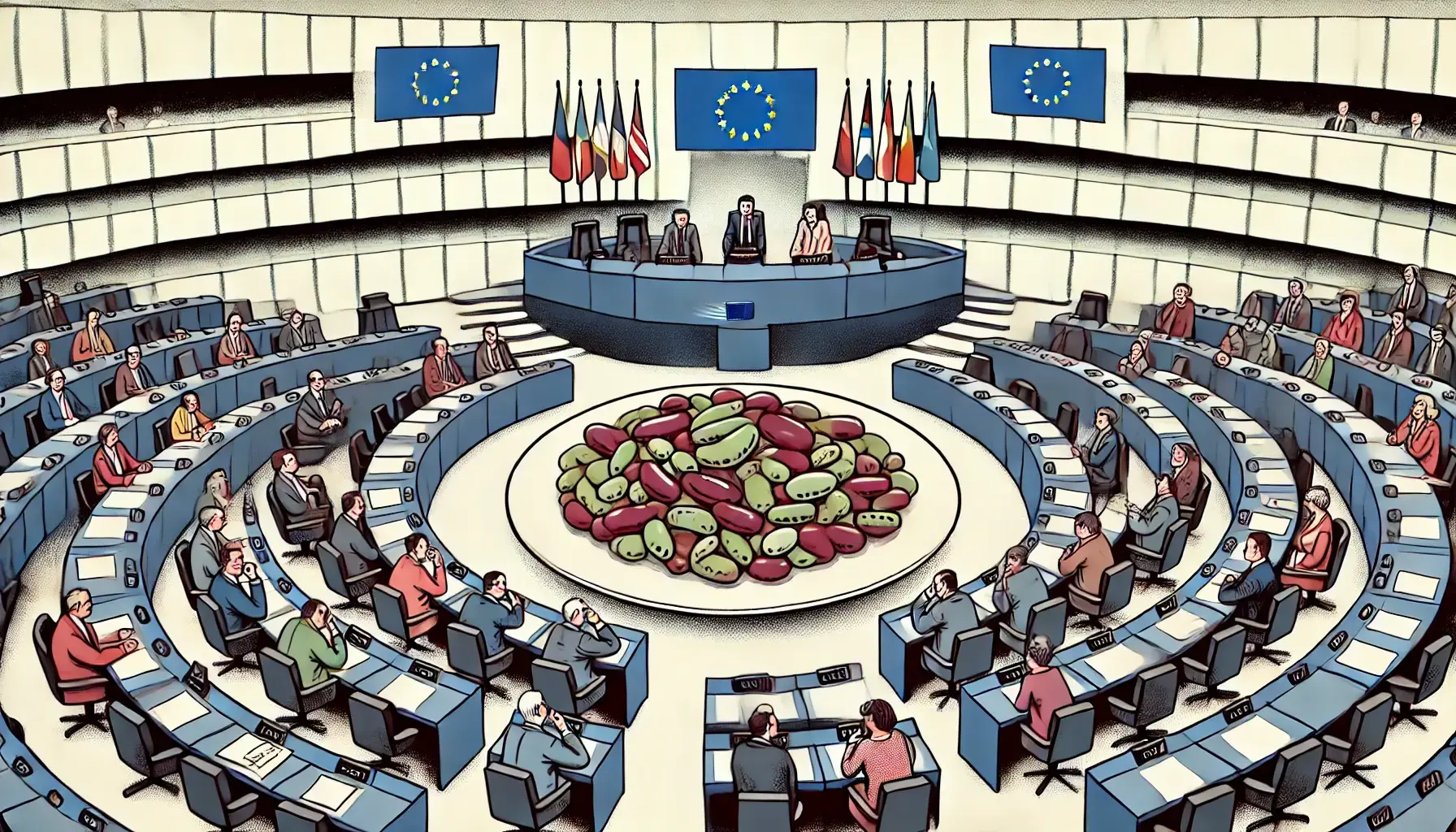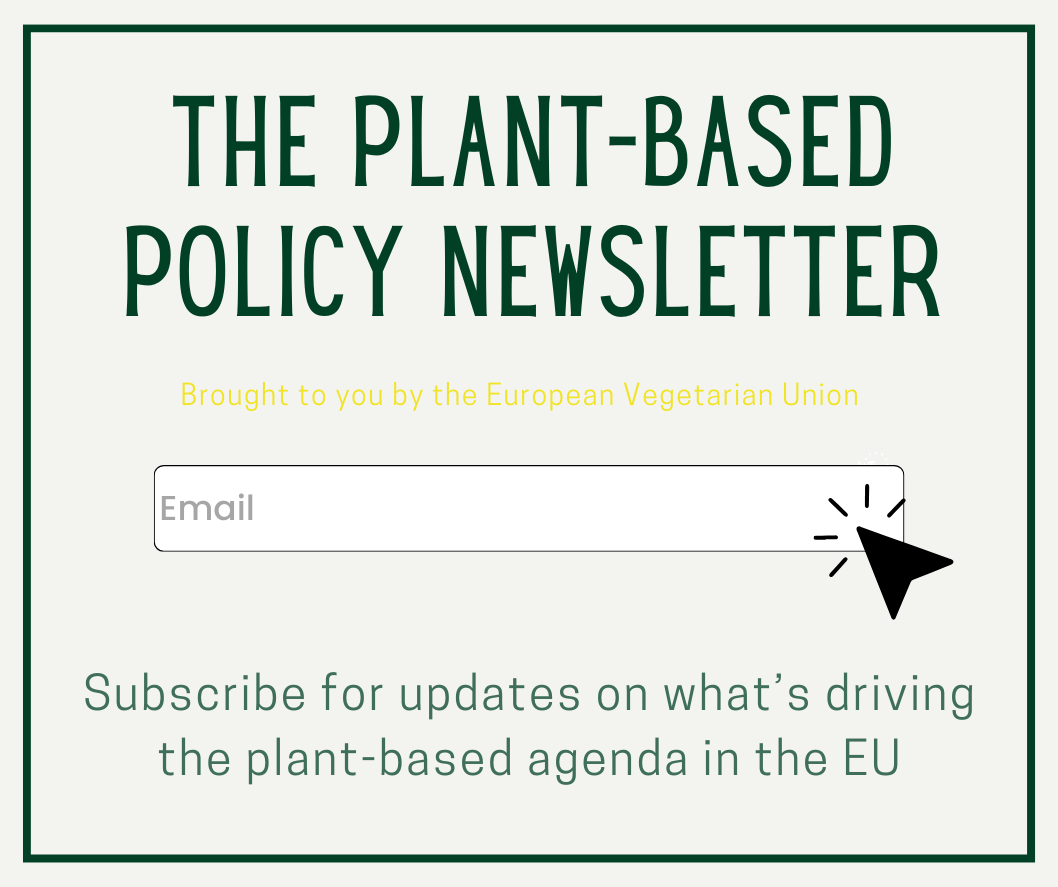On 15 July 2024, and at Budapest’s initiative, EU agriculture ministers were invited to discuss the need to protect Europe’s culinary traditions from novel and innovative foods – that is, plant-based foods and cultivated meat. In light of the pressing issues facing our food systems, the importance and topic of this meeting were both deeply questionable and quite obvious in its aim: to once more place dietary shifts (which science has proved time and time again to be necessary to mitigate the effects of climate change) within a wider culture war framing.
It is this very argument that many politicians have espoused to advocate for stricter regulations on denominations for plant-based alternatives as well as outright bans on research and production of cultivated meat. The view that plant-based foods cannot be compatible with European tradition is deeply flawed however. What it fails to recognise is that on one level, Europe’s culinary heritage is deeply tied to innovation in various forms, and on another, that the way our diets and traditions evolve is based on and driven by consumer tastes, preferences and trends. These very trends are also influenced by societal recognition that our food systems and diets need to evolve in light of the environmental crisis we face.
But Budapest’s intentions are not wholly surprising and fit within a wider pattern of national governments proposing legislation which harms and impedes the growth and adoption of plant-based alternatives and diets. France, Italy and Poland set about banning meat-related terms for plant-based foods in recent legal moves (even if in France for example, these have so far remained challenged in courts – including the European Court of Justice). A hearing in the European Parliament’s Fisheries Committee in late 2023 saw discussions centre around the use of fish-related denominations for plant-based alternatives. The attempted bans that are appearing at national level, reflect the fact that similar debates were held in the past at EU level, where it was voted that using ‘meaty’ names was entirely valid and did not confuse consumers. These developments are worrying however because they appear to show a certain level of contempt for following some of the basic principles of EU single market rules, a failure to understand market trends and consumption changes, but also because they purposefully fly in the face of logical and data-proven ways of reducing the environmental impact of our food system and of transitioning to more sustainable diets and resilient agricultural methods.
Rather than argue about denominations (such as whether a veggie burger can be called a burger in the first place,) the real challenge lies in how to ensure a more sustainable food system and provide a just transition for farmers who are moving from unsustainable farming to sustainable and plant protein farming. This ties into the increasingly outspoken ‘need’ for food security in Europe. The EU is a food exporting bloc, overproducing most animal products and underproducing some plant-based proteins and vegetable products. The push for food security therefore often serves as a cover for increasing agricultural production and exports, and removing environmental measures, rather than addressing the nutritional needs or affordability of food for local populations. The focus has largely been on boosting the production of meat and dairy that already receive up to 80% of CAP’s funding. This export-focused strategy raises concerns about its impact on global markets too, potentially undermining local agriculture in other regions.
Moreover, this approach frequently justifies relaxing environmental regulations (which we began to see in the last months before the 2024 EU elections), prioritising profit over sustainability and genuine food security. The current agricultural system heavily relies on subsidies that disproportionately benefit animal agriculture, while neglecting the production of fruits and vegetables. True food security means implementing a food system that is sustainable, more resilient to the effects of climate change, and healthier for European citizens. It requires a shift in agricultural priorities towards more diverse and sustainable practices, including the cultivation of plant-based foods, which have lower resource requirements and a smaller environmental footprint. Policy and subsidy reforms should redirect support towards making fruits, vegetables and plant proteins more affordable, and food prices should reflect their environmental costs. The need to promote and adopt sustainable production practices and sustainable diets was clearly stated in a recent report published by the European Food Security Crisis Preparedness And Response Mechanism (EFSCM) on ways to mitigate risks and vulnerabilities in our food systems. The report recognised that such a shift was necessary to build a more resilient and sustainable food supply chain in the EU. Plant-based foods offer a sustainable alternative that can help safeguard the much-vaunted concept of food security in Europe, ensuring that it truly serves the interests of both the environment and public health.
Supporting farmers in a transition to a more sustainable model involves providing adequate training and financial incentives to shift towards sustainable and plant-based agriculture. This includes investments in education and skills development, enabling farmers to diversify their crops and adopt more sustainable farming practices. Moreover, financial incentives such as subsidies for sustainable farming techniques or grants for research into plant-based food production can provide the necessary support for farmers during this transition. These measures can be encouraged and supported by transforming the Common Agriculture Policy (CAP) into a tool that promotes environmental sustainability but also ensures that farmers can maintain their livelihoods and contribute to a more resilient and secure food system.
Protecting our culinary heritage does not mean rejecting innovation or clinging to unsustainable practices. It means embracing change in a way that recognises our traditions while adapting to the realities of our times. But the arguments put forward by the likes of the Hungarian government act like a smokescreen and fail to deal with the real crux of the issues that we face. Embracing alternatives, such as plant-based foods, is a more sustainable and inclusive way to preserve our culinary traditions. These alternatives allow us to enjoy the same familiar dishes while being mindful of our environmental impact, enabling us to continue sharing and savouring meals that look and taste like the foods we cherish.
Rafael Pinto
EU Policy Manager
European Vegetarian Union


